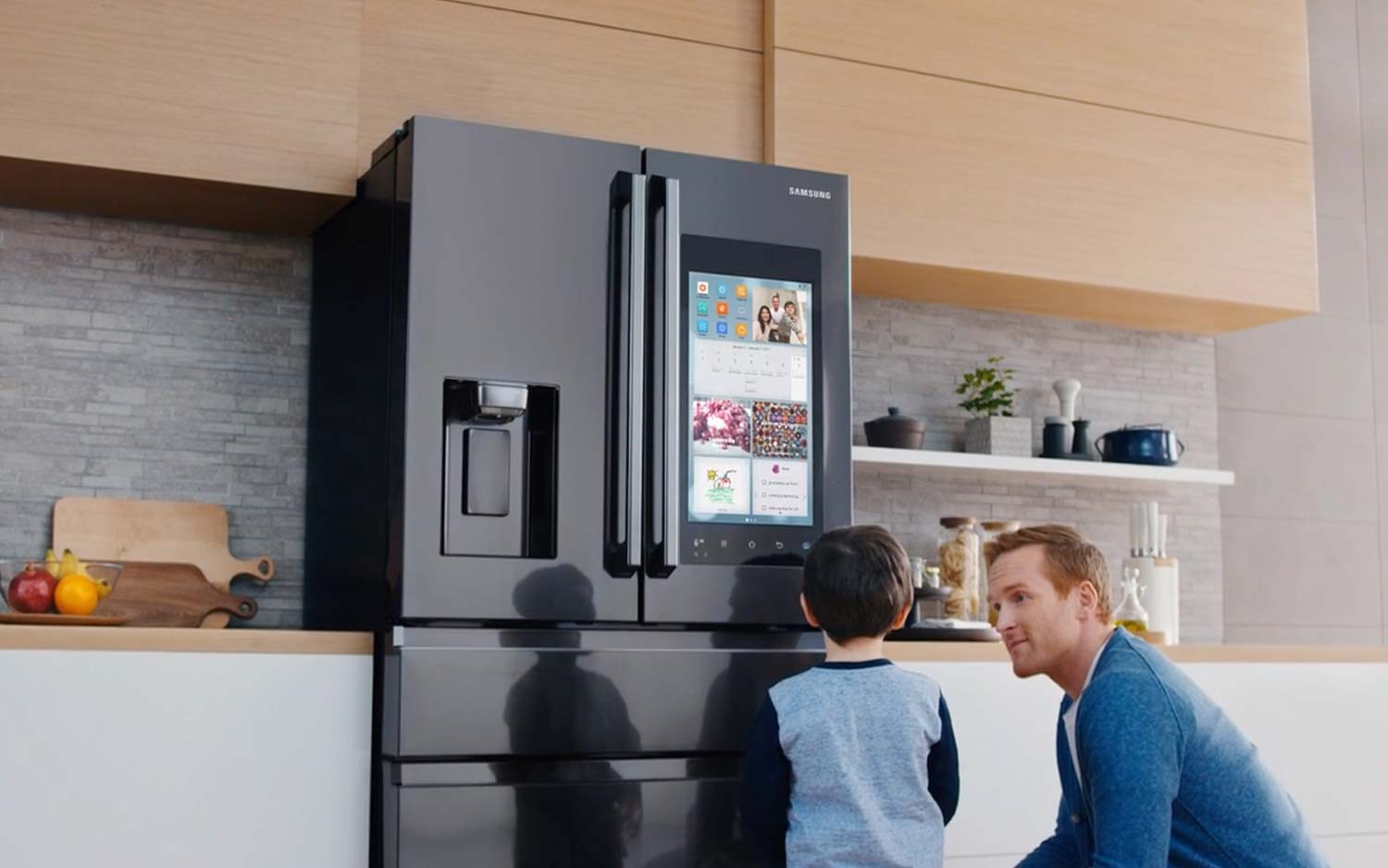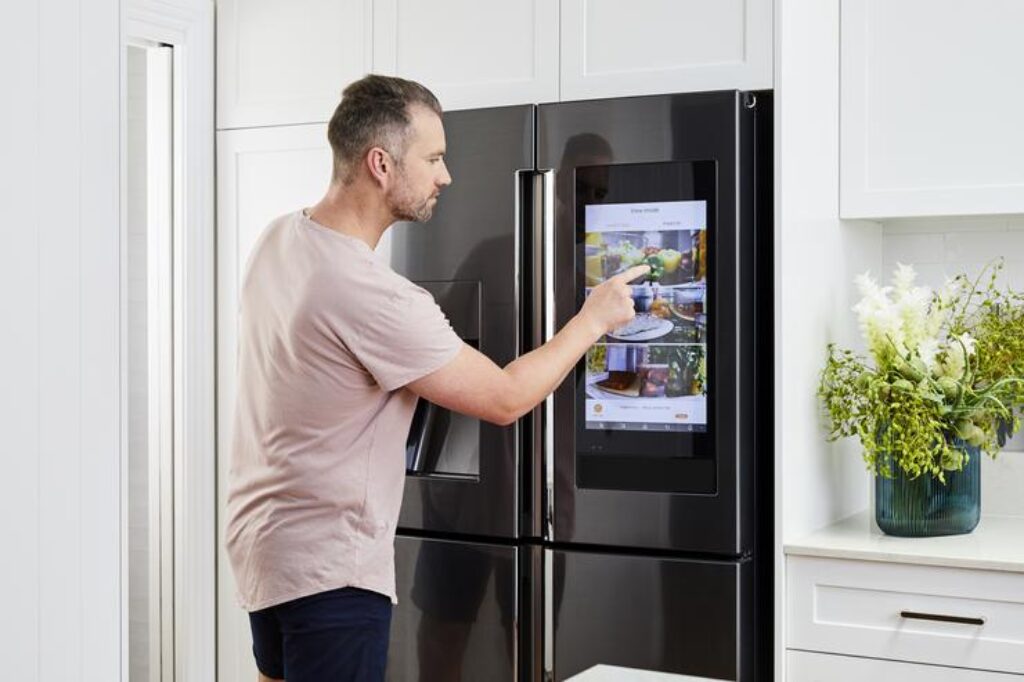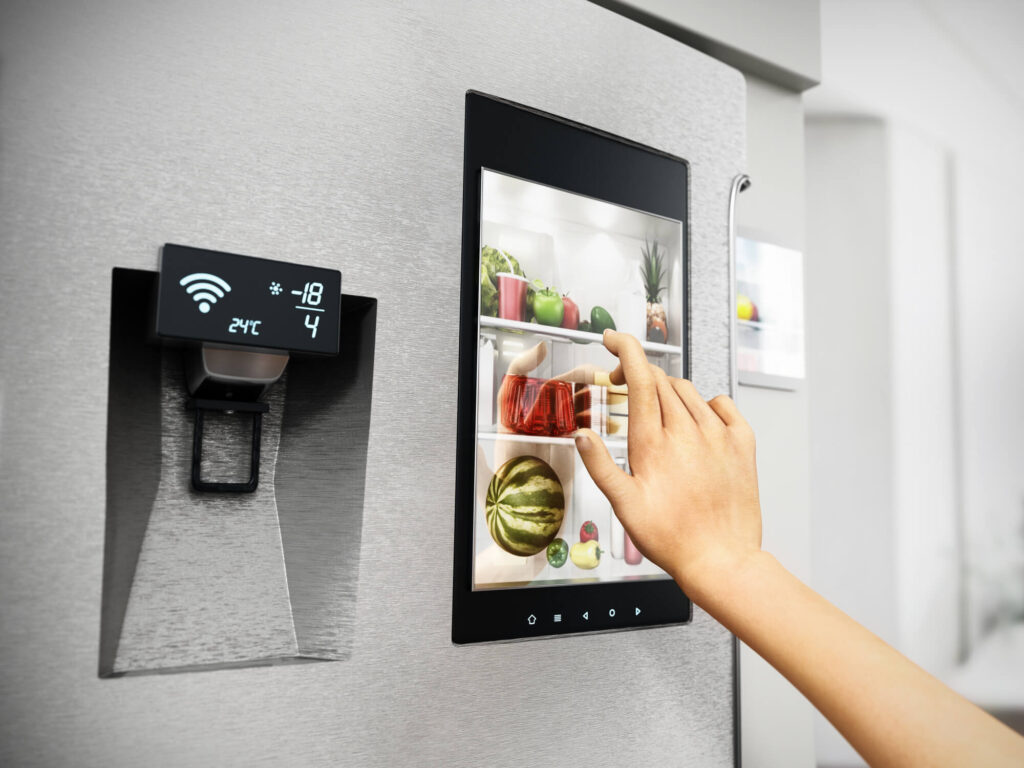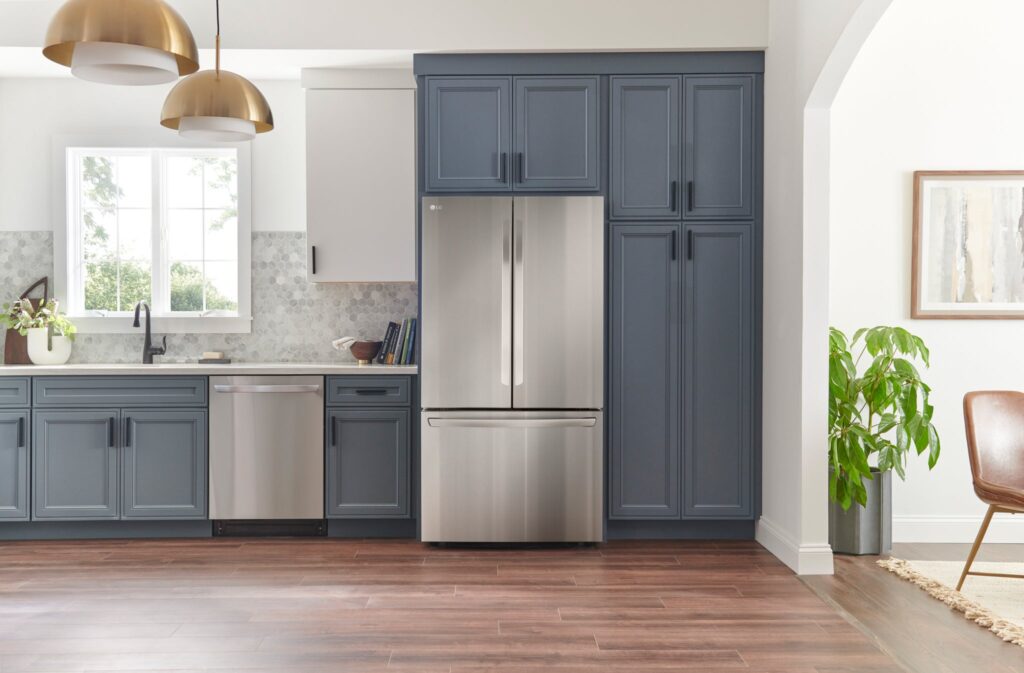
Refrigerators have come a long way since its inception as a simple icebox. With the advent of technology and the rise of the Internet of Things (IoT), smart refrigerators have become a popular choice for modern households. These high-tech appliances offer a host of innovative features that promise to revolutionise the way we store and manage our food. However, traditional refrigerators still hold their ground, offering simplicity and reliability. In this article, we’ll explore the pros and cons of smart refrigerators compared to their traditional counterparts, helping you make informed decisions when it comes to buying your refrigerators.
Table of Contents
Smart Refrigerators: The Tech-Driven Marvels
Smart refrigerators are more than just appliances; they are the epitome of the latest technology. These connected devices are designed to integrate seamlessly with your home network, providing a range of features and functions that aim to enhance your kitchen experience. Here are some of the significant advantages of opting for a smart refrigerator:
Connectivity and Convenience

Source: thetechedvocate.org
One of the most compelling aspects of smart refrigerators is their connectivity. These appliances are equipped with touchscreens or integrated smart displays that allow users to access the internet, stream recipes, and even leave digital notes for family members. Additionally, many smart refrigerators support voice assistants like Amazon Alexa or Google Assistant, enabling hands-free control for tasks such as adding items to a shopping list or setting reminders.
Food Management and Inventory
Smart refrigerators excel in food management. They come with built-in cameras that capture images of the contents inside, allowing users to check the inventory remotely through their smartphones. This feature is incredibly helpful when grocery shopping, as you can quickly see what you need to restock without having to open the refrigerator door.
Energy Efficiency and Eco-Friendly Features
Many smart refrigerators are designed with energy efficiency in mind. They utilise advanced sensors and algorithms to optimise cooling settings based on usage patterns and external conditions. Some models also boast eco-friendly features, such as vacation mode, which minimises energy consumption when the fridge is not in use for an extended period.
Remote Monitoring and Alerts

Source: tricityappliance.com
Gone are the days of worrying about leaving the refrigerator door open or food spoiling due to power outages. Smart refrigerators send real-time notifications to your smartphone if the door is left ajar or if there are fluctuations in temperature, allowing you to take immediate action to prevent food wastage.
Meal Planning and Recipe Suggestions
With access to the internet, smart refrigerators can provide meal-planning ideas and recipe suggestions based on the ingredients available. Some models even offer personalised meal recommendations tailored to your dietary preferences, making cooking more convenient and inspiring.
Traditional Fridges: Simplicity and Reliability
While smart refrigerators offer a wealth of features, traditional fridges hold their own in terms of simplicity and reliability. These tried-and-true appliances have been a staple in kitchens for decades, and they continue to provide practical benefits. Here are some of the pros and cons of traditional refrigerators:
Cost-Effectiveness

Source: eurekalert.org
One of the significant advantages of traditional fridges is their affordability. Compared to their high-tech counterparts, traditional models are generally more budget-friendly, making them an attractive option for consumers looking for a reliable cooling solution without breaking the bank.
Minimal Maintenance
Traditional refrigerators are known for their simplicity, and this extends to maintenance as well. With fewer electronic components and features, fewer things can go wrong, resulting in lower repair and maintenance costs over the appliance’s lifespan.
Longevity and Durability
Traditional refrigerators have a reputation for longevity and durability. With fewer electronic components and smart features that could potentially malfunction, these appliances can often withstand the test of time, offering many years of reliable service.
Familiar and Intuitive Design

Source: nytimes.com
For those who prefer a straightforward and familiar interface, traditional refrigerators win hands down. The lack of touchscreens or complex settings makes them easy to use for all family members, regardless of age or tech-savviness.
No Privacy Concerns
Unlike smart refrigerators, traditional fridges don’t have built-in cameras or internet connectivity, eliminating any privacy concerns that might arise from having cameras inside the home. For privacy-conscious individuals, this can be a crucial factor in their appliance selection.
Conclusion
The decision between a smart refrigerator and a traditional fridge boils down to personal preferences, lifestyle, and the importance of advanced features. Smart refrigerators offer a plethora of high-tech capabilities, from seamless connectivity and food management to energy efficiency and recipe suggestions. Meanwhile, traditional fridges continue to hold their ground with their simplicity, reliability, and cost-effectiveness. By weighing the pros and cons of each option, you can make an informed choice that aligns with your unique needs and priorities, ensuring you find the perfect cooling companion for your kitchen.







